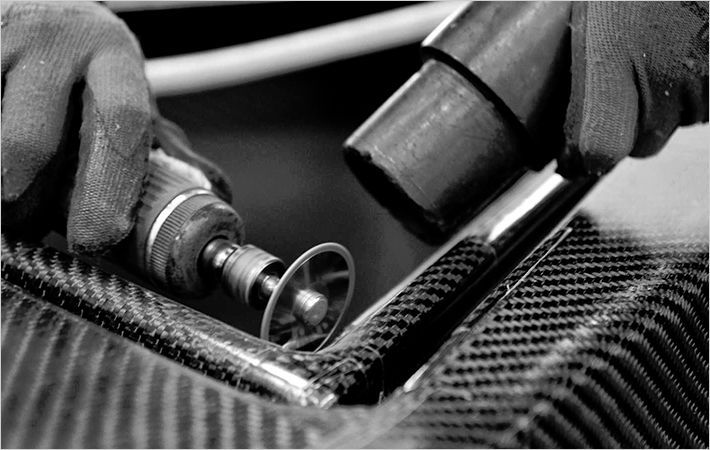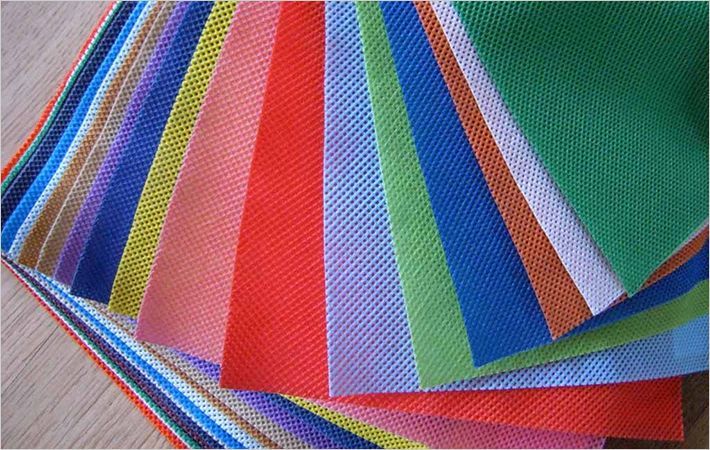International chemical group, Solvay, has joined hands with 3A Composites, manufacturers of composite panels and materials for sandwich solutions focussed on the architecture, display, marine, transportation, and wind power markets, to make innovative specialty foam materials for advanced transportation, to create cost-effective substitute to traditional, labour-intense materials used to reduce the weight of applications.
Solvay’s world-class manufacturing capability is set to combine 3A Composites’ unique know-how in industrial process development and high-volume fabrication of foams, with Solvay’s world leadership offering of high and ultra-performing plastics materials.International chemical group, Solvay, has joined hands with 3A Composites, manufacturers of composite panels and materials for sandwich solutions#
The partners will first build on Solvay’s Radel foam and so-called sandwich materials, used on Airbus A350 and Solar Impulse, and will later expand to products that Solvay is developing, Solvay informs.
The alliance secures global logistics and regional support through its manufacturing and workshop capabilities worldwide. 3A Composites expects additional foam extrusion capacity in the United States to come on stream 2016 and will continue to service the market with its existing product lines.
Armin Klesing, global business development manager aerospace & composites at Solvay’s specialty polymers global business unit said, “Our alliance is a game changer in making high-tech foams available on a large scale. Part makers will benefit from greater flexibility in their designs and from uniting strength and insulation performance at the highest level of fire resistance.”
Roman Thomassin, CEO of 3A Composites said, “Our Company has continuously pioneered foam technology and is now at the forefront of establishing high volume manufacturing solutions for specialty foams. Our teaming up with Solvay creates a technology leader in the high-end segment of light-weighting with foam.”
Transports like commercial aircraft or high-speed trains are increasingly seeking to replace heavier plastics and metal structures, which are more time-consuming to process and expensive to maintain, with specialty foams. Light-weighting applications range from the cabin to ducting and trolleys and help to improve energy efficiency. (GK)
Fibre2fashion News Desk - India

